Keywords: Andre
There are more than 200 results, only the first 200 are displayed here.
-
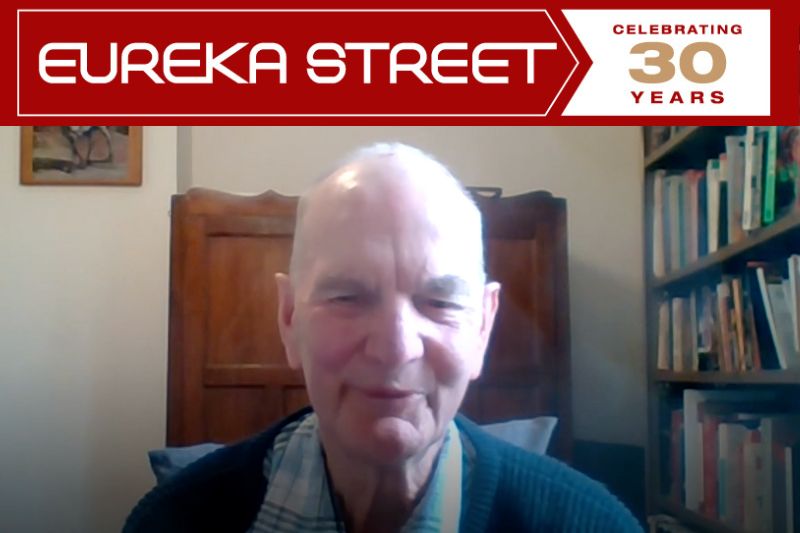
MEDIA
- David Halliday
- 29 June 2022
As part of the 30th anniversary of Eureka Street, we're running conversations with the team who first started the publication in 1991, alongside various people who have played a part in the Eureka Street story. In this video, Eureka Street editor David Halliday speaks with Eureka Street consulting editor Andrew Hamilton SJ.
READ MORE 
-
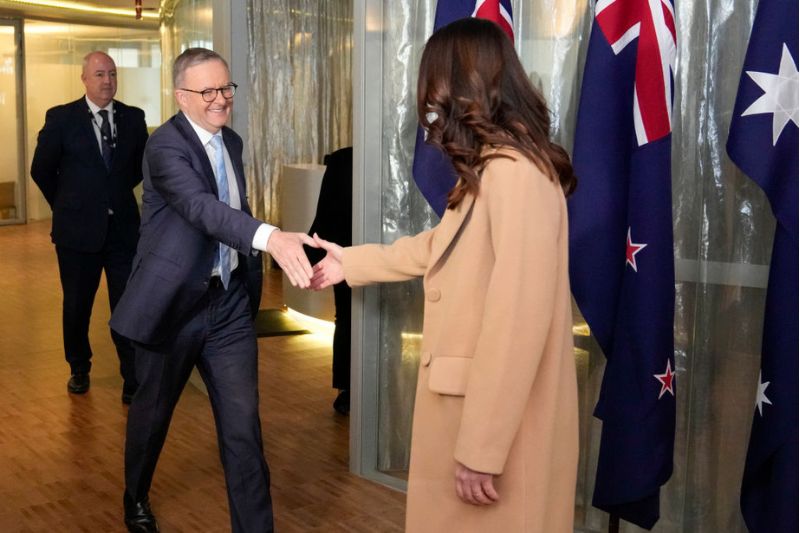
AUSTRALIA
- Andrew Hamilton
- 23 June 2022
4 Comments
Since the Federal Election one of the most refreshing features has been the new Prime Minister’s connection with people. Whether it is shown by riding a bamboo bicycle with the Indonesian President, expressing sympathy for the Nadesilingam family for their prolonged ordeal before returning to Biloela or agreeing with Jacinda Ardern, herself a model of public empathy, about the unreasonableness of expelling to New Zealand people who had never lived there, his actions displayed a readiness to listen and to enter the experience of other people.
READ MORE 
-

AUSTRALIA
- Andrew Hamilton
- 20 June 2022
1 Comment
On social media, business cards and the bottom of emails nowadays you will often find a bracket with people’s preferred pronouns (he/him or she/her or they/them). Without fanfare, gender neutrality has slipped into our 21st century speech and our unconscious, and it is only when we are confronted with the gender specific language that we realise how we’ve changed.
READ MORE 
-
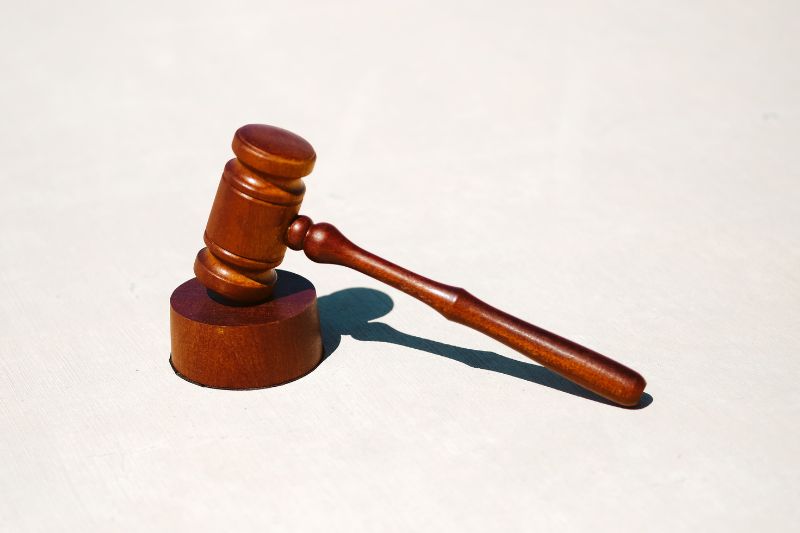
AUSTRALIA
- Andrew Hamilton
- 16 June 2022
After the Election media focus has now switched from the fresh personalities and style of the new Government to the difficulties that face it. These include the financial pressures created by heavy debt and inflation, the constraints imposed by pledges made before the election, an energy crisis, international conflicts and their effects on trade, and differences within the Party. Faced by such challenges the Government is unlikely to be able to fulfil its promises and its supporters’ hopes.
READ MORE 
-
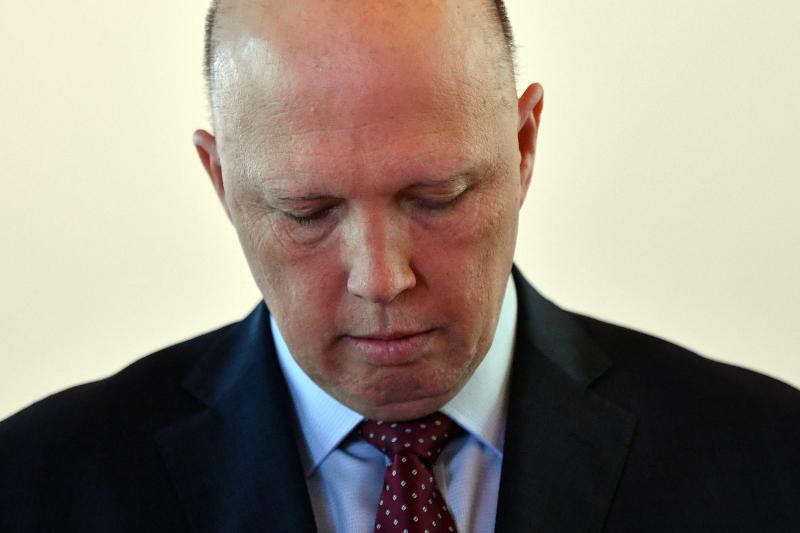
AUSTRALIA
- Andrew Hamilton
- 08 June 2022
1 Comment
In his initial speech as leader of the Liberal Party Peter Dutton committed himself to care for the forgotten voters, echoing a foundation document of the Liberal Party: Robert Menzies’ speech after an electoral defeat in 1942 refers to forgotten people to point the way forward for the new party. The phrase was central to a re-imagining of Australian society.
READ MORE 
-

ARTS AND CULTURE
- Andrew Hamilton
- 03 June 2022
1 Comment
As I was reading the illuminating contributions to Class in Australia I had to confront my attitudes to Marxist analysis, to the claims of sociology, social work and psychology to be sciences, to the relative importance of inequality based on wealth, gender and race, and to any claim that canonises individual choice while claiming to be value free.
READ MORE 
-
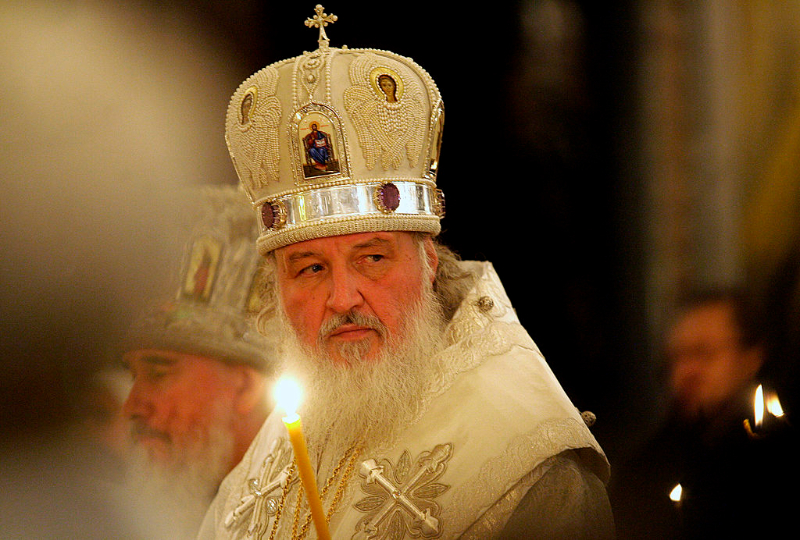
INTERNATIONAL
- Andrew Hamilton
- 31 May 2022
4 Comments
Patriarch Kyrill of Moscow has received much justified criticism for aligning his Church alongside Vladimir Putin in the invasion of Ukraine. If we are to understand how he could think it is right to do so, however, it is helpful to know how he came to be Kyrill. The story of his earlier namesakes illuminate the conduct of the present Patriarch of Moscow.
READ MORE 
-
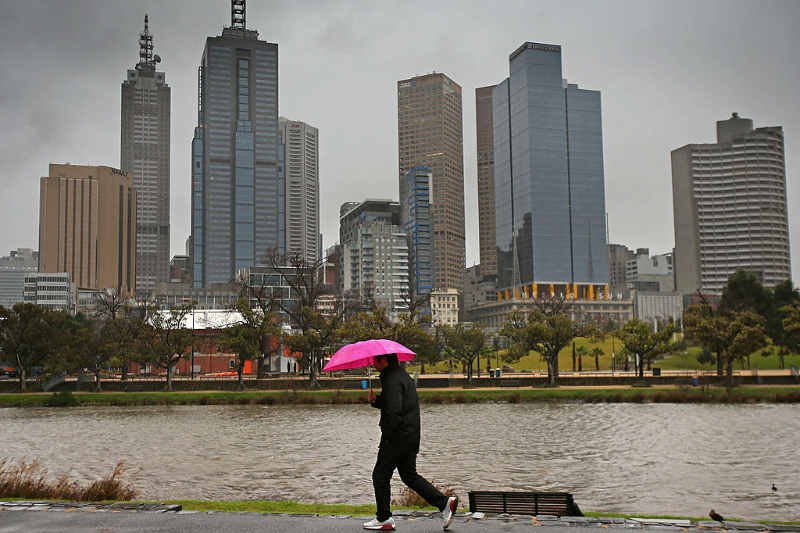
ARTS AND CULTURE
- Andrew Hamilton
- 24 May 2022
1 Comment
Next week we officially enter winter. The associations of winter are largely negative. They mourn the loss of the summer that has passed. For that reason it may seem incongruous that winter should begin immediately after a Federal Election campaign that ended with the excitement of the people’s choice of a new Government. The potential for a new beginning might fit better with spring.
READ MORE 
-
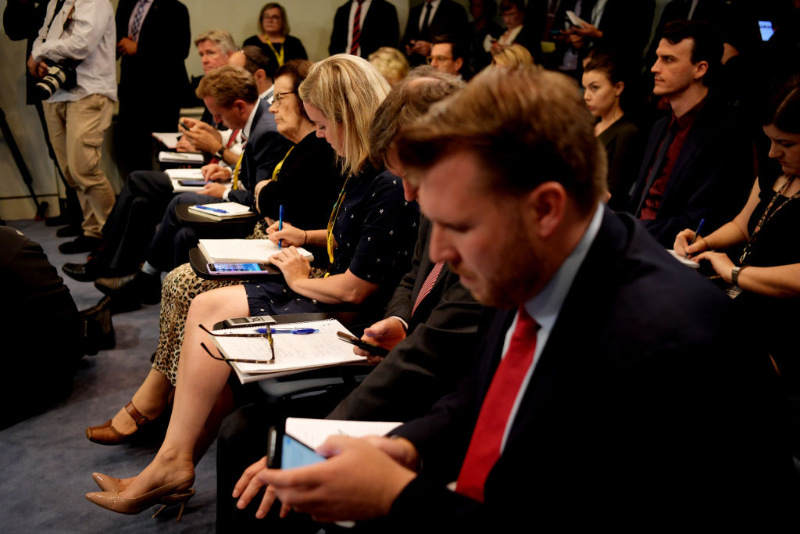
MEDIA
- Andrew Hamilton
- 19 May 2022
2 Comments
It is unfortunate that World Communications Day is celebrated in the middle of an election campaign. We have seen the worst of partisan media coverage, of shouting as a preferred form of communication, of endless experts promising Armageddon if the result is not to their taste. And yet we have also seen the best of media informing us of the issues that concern people in different parts of Australia. Without such public communication, for all its defects and excesses, our society would be the poorer.
READ MORE 
-
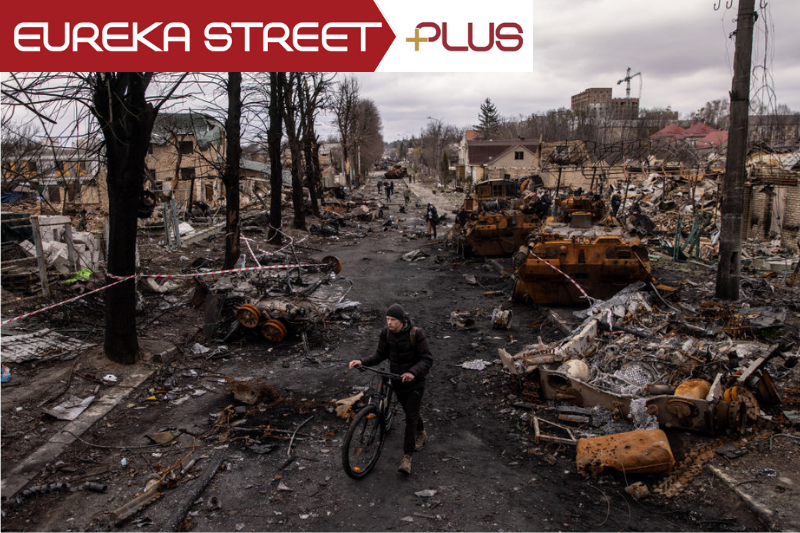
INTERNATIONAL
- Andrew Hamilton, David Halliday, Michele Frankeni, Stewart Braun
- 19 May 2022
3 Comments
We are now three months into the Ukraine war. From an invasion it has turned into a war of attrition that has cost many lives, displaced civilians, destroyed cities, and led to sanctions and the making of alliances with effects that have spread suffering far beyond Ukraine. In this Roundtable, Andrew Hamilton SJ, David Halliday, Michele Frankeni and Dr Stewart Braun explore the ethics of the war and likely paths to peace.
READ MORE 
-
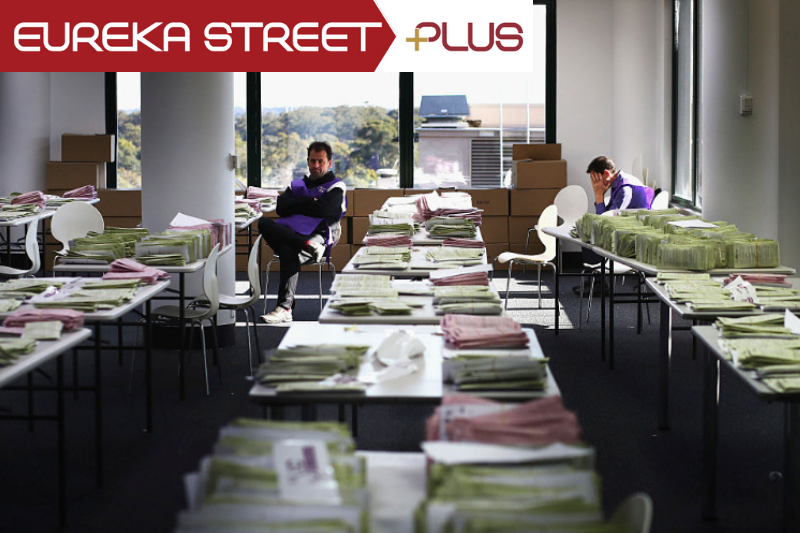
AUSTRALIA
- Andrew Hamilton
- 13 May 2022
1 Comment
As the election campaign mercifully comes to an end, many of us have been musing on what the new Government should do when it comes into office. It is a difficult question to answer because both Parties have excluded any radical action to address the clear and pressing needs of Australians. Fires, floods and insurance costs highlight the need for immediate and shared action to address climate change. The simultaneous high cost of housing, the inadequate benefits available to the disadvantaged, and lack of accommodation for people in need testify to the need to address the growing inequality in Australian society.
READ MORE 
-
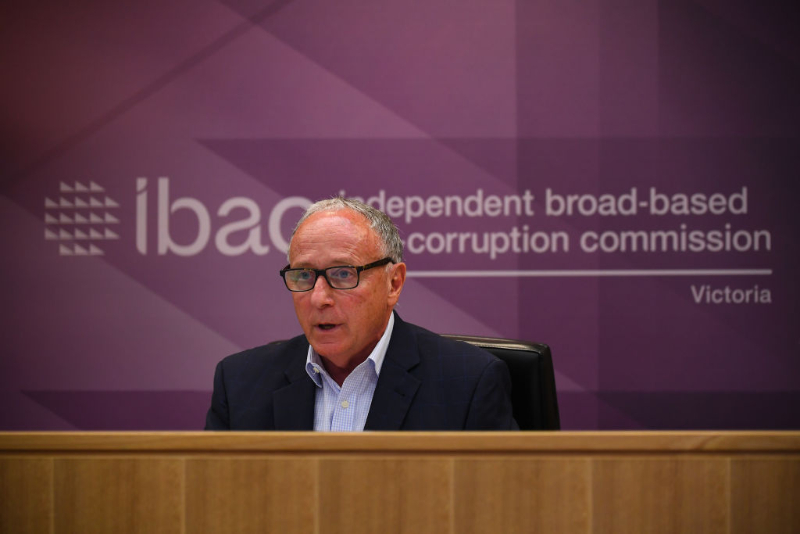
AUSTRALIA
- Andrew Hamilton
- 11 May 2022
4 Comments
In the election campaign the need for an integrity commission has been a minor issue. Many independent candidates have supported it, but the major parties seem to have concluded that it will not significantly shape the way people vote. Yet given the evidence of a lack of integrity in behaviour by and within governing parties both at Federal and State level, the nature and importance of integrity in the processes of government deserve reflection.
READ MORE 